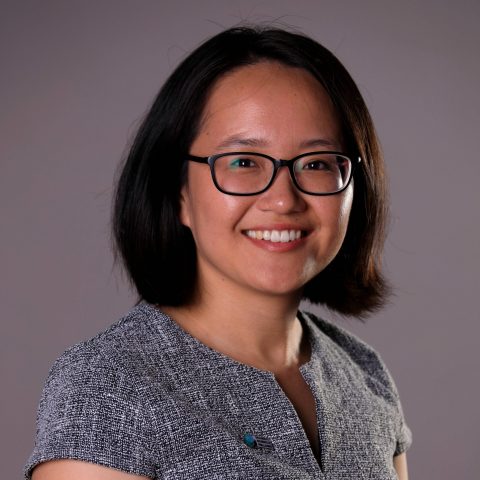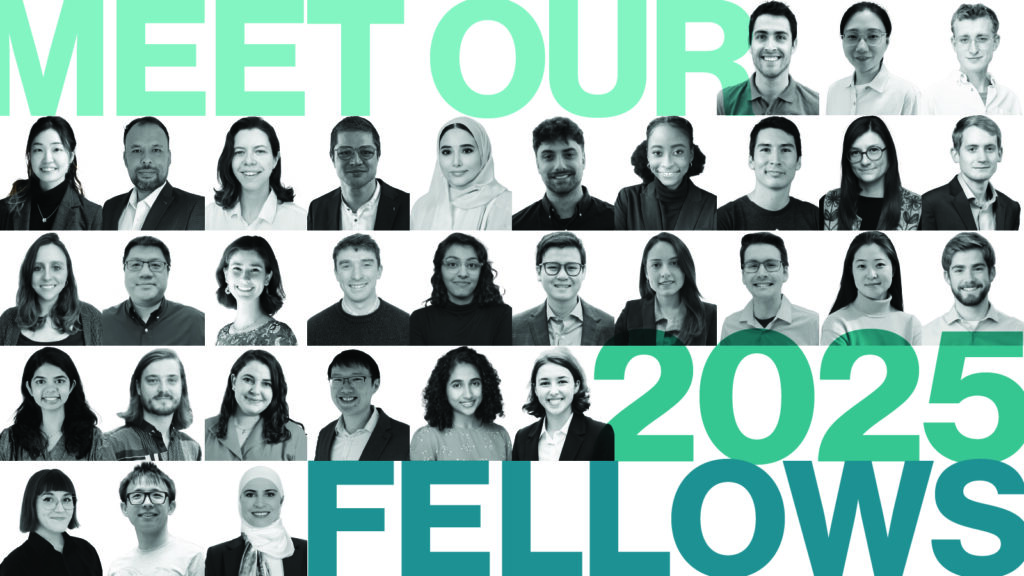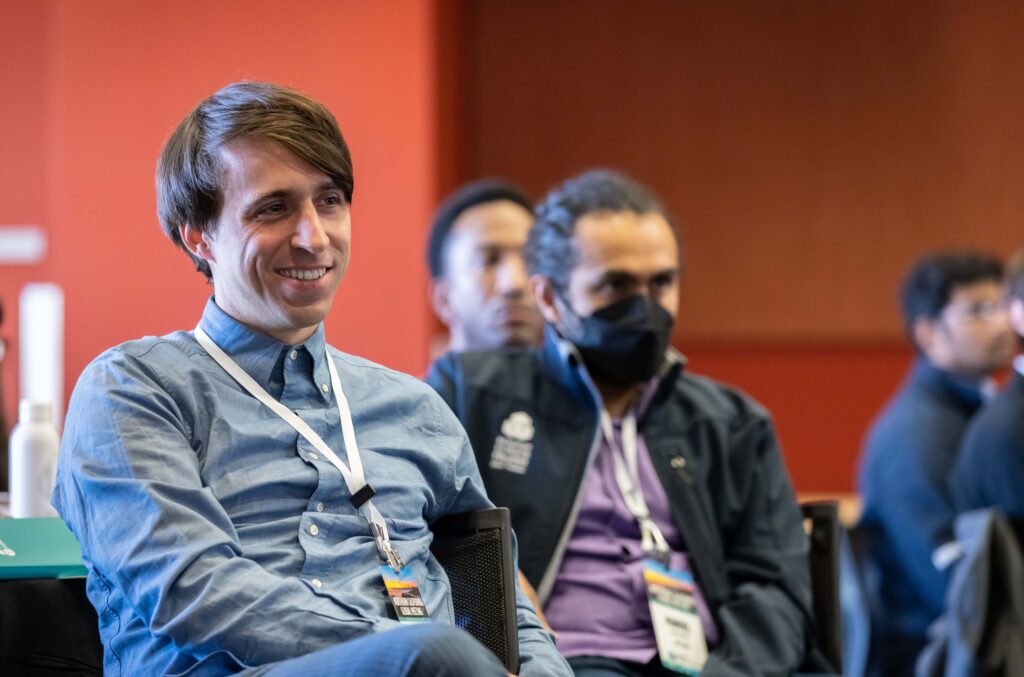Bonds of fellowship and friendship formed between the inaugural class of Schmidt Science Fellows. Here, Dr. Jielai Zhang, shares her review of the two-week meeting.
The inaugural Schmidt Science Fellows got together for our first Global Meeting in Oxford in July to delve deep into the ideas and practices of ethical leadership and public policy. This was also the first time our entire cohort had met since the final Fellow selection event in New York in April 2018.
This two-week Global Meeting has imprinted in my memory not only thoughts on science and leadership, but it has also seeded and bloomed friendship between all fourteen of us as we go on this journey of interdisciplinary research together.
On day one, I was feeling a little nervous and intimidated, and unsure what the expectations of the Fellowship were. I had constructed a picture of what I wanted to achieve, but what about the other fellows? What about what the Program expected? By the end of the first morning, these fears were dispelled as each fellow expressed similar uncertainties and vulnerabilities. Together with the Schmidt Science Fellows Executive Director, Dr. Megan Wheeler, we created a supportive atmosphere with open dialogue from which we can aim high. In this very first morning together, we shared our fears and hopes for our Fellowship year, and beyond.
The bond created between us helped us get through the very intense schedule of the Global Meeting, starting with breakfast at 8am and dinner finishing around 9.30pm every night, often followed by more socializing at a typical English pub. It wasn’t just the schedule that was intense, we were confronted with questions such as how do we take risks? What does ethical leadership mean? What is our role in influencing policy? For me, the conversations held much more meaning and sway because I was deeply aware and confident in the commitment of all fourteen of us to take calculated risks in pursuit of big discoveries, to be ethical, and to help make the world a better place.
We all agreed to some simple practices we considered to be part of being an ethical leader. For example, when giving a talk, attribute work to people using a photo. Advocate for students and postdocs: if someone says a piece of work is good in conversation, say “this work was done by…, let me put you in touch with her”. Give students the choice to express what they are interested in and what their goals are and create a program that has their interests in mind. Finally, when expressing a decision, give the reason behind it. The impact of these conversations was much more than these guidelines. I came out knowing that when faced with difficult decisions in the future, I have a fellowship I can turn to for advice and reflection.
This first cohort of Schmidt Science Fellows was the most turned on, energetic, passionate, articulate, and engaged group of people I have ever had the privilege of interacting with. We became fast friends, discussing issues spanning our personal and professional lives. A piece of advice I’ll always remember from Schmidt Science Fellow Dr. Abigail Groff: the most successful interdisciplinary collaborations are between friends, who like to spend lots of time together talking about what they are passionate about. It is investment in deep and engaged conversations that lead to great ideas, the unexpected and new.
Read and watch more on the 2018 Oxford Global Meeting from the Schmidt Science Fellows.



